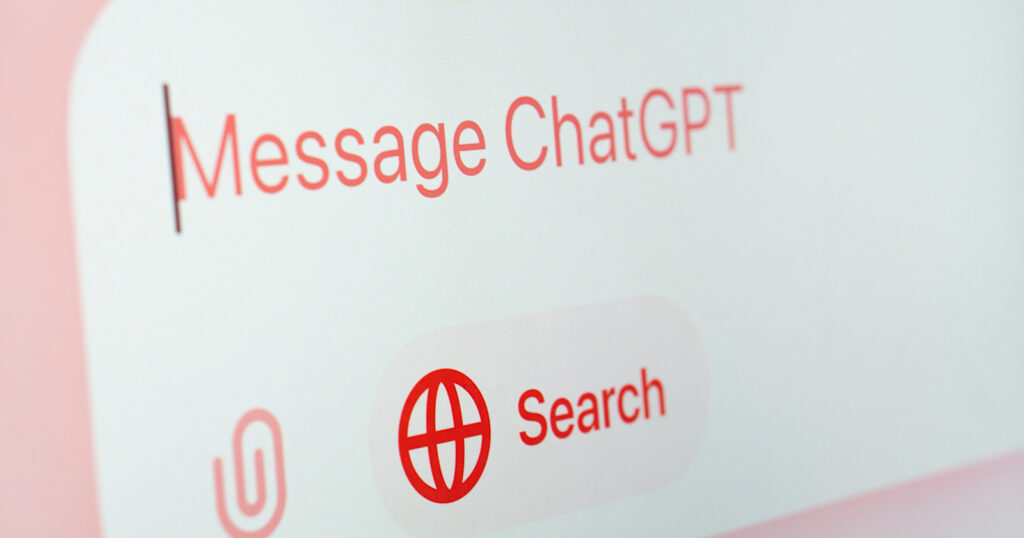A report from Modern Retail shows that people who use ChatGPT and Google Gemini for quick summaries also click the links these tools provide.
This is important for marketers, as it suggests that AI-driven search may change product discovery and online traffic.
While these numbers are self-reported and lack broader data, they offer insight into how consumers engage with AI search results and how brands can benefit.
What Brands Are Observing
Viv, a period care brand, noticed a trend last summer when its website traffic increased by 400%. Marketing director Kelly Donohue linked this to the rise of AI tools.
This spike coincided with a study in Environment International that found harmful heavy metals in popular tampon brands. Viv’s blog posts about product safety gained visibility as people searched for safer options.
The increased traffic resulted in more sales, with Viv reporting a 436% rise from these AI-driven referrals. This indicates that users actively clicked through to learn more and make purchases.
What To Learn From This
Viv’s experience highlights the need for brands to create comprehensive content that answers people’s questions.
Donohue pointed out that platforms like ChatGPT prefer articles with context, sources, and thorough explanations over keyword-heavy material.
Donohue explained,
“These AI tools are specifically scraping through content, but looking for more than just keywords. They’re looking for a cohesive response that they can give to people that includes context, sources, and background.”
In response, Viv focused on transparency and product safety. By creating educational articles, Viv built consumer trust and improved its visibility in AI recommendations.
The effort paid off, Donohue added:
“We ended up selling out of about six months of tampon inventory in three weeks, driven by Google’s AI-powered recommendations.”
Other Brands Report Similar Trends
Joe & Bella is an adaptive apparel brand that has gained more visitors from ChatGPT recommendations.
It makes clothing for older adults and people with mobility challenges, and during the holiday season, it saw an increase in visitors and purchases.
Jimmy Zollo, Joe & Bella’s co-founder and CEO, tells Modern Retail:
“I don’t really know how or what they would have typed or asked ChatGPT to have found us over the holidays.”
Zollo speculated that the company’s ongoing investment in SEO and its blog content likely played a role.
The brand consistently uses keywords like “adaptive clothing” in its search ads and blog posts, which may have helped position it in AI-driven results.
Zollo added:
“It was pretty cool and unexpected, but we need to better understand how to optimize for these searches going forward.”
What This Means for Marketers
These reports show that people engage with links in AI-generated search results rather than just reading summaries.
Dan Buckstaff, chief product officer at Spins, compares this to the early days of SEO.
Buckstaff said:
“Similar to 15 years ago when we were questioning how SEO worked, we’re left with questioning how brands can benefit from AI environments.”
Spins’ 2025 Industry Trends Report indicates that consumers are increasingly using AI tools like ChatGPT and social media platforms like TikTok to discover products.
While advertising on these AI tools is still developing, brands with strong, organized content are benefiting.
Looking Ahead
Consumers are increasingly clicking on links in AI-driven search results, especially younger audiences like Gen Z, who use AI tools for product discovery.
For brands like Viv, this change is crucial for content creation.
Donohue said:
“These searches are top of mind for us now, and the way we’re writing our blogs and the content on our website can play a huge part in people finding us through AI tools.”
The key takeaway is to focus on straightforward, educational content to improve your chances of being recommended by AI-powered search tools.
Featured Image: Mojahid Mottakin/Shutterstock

